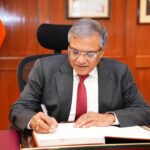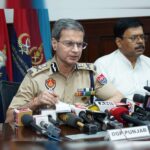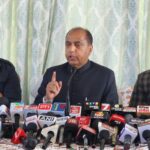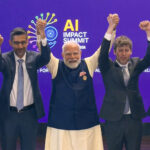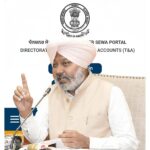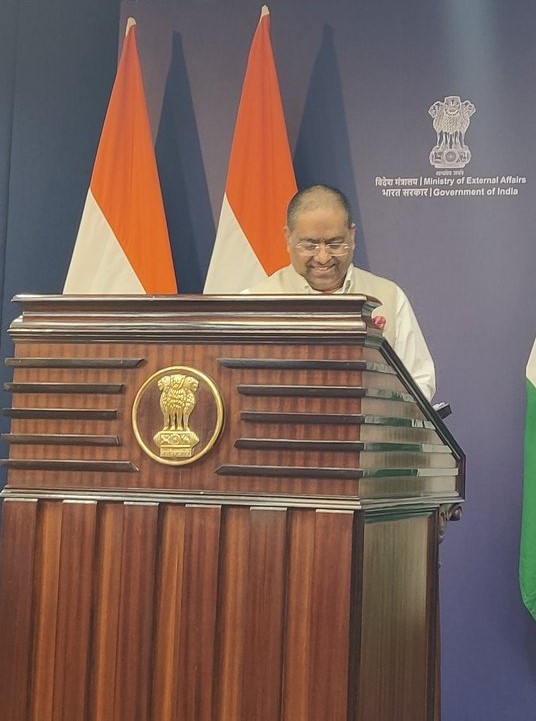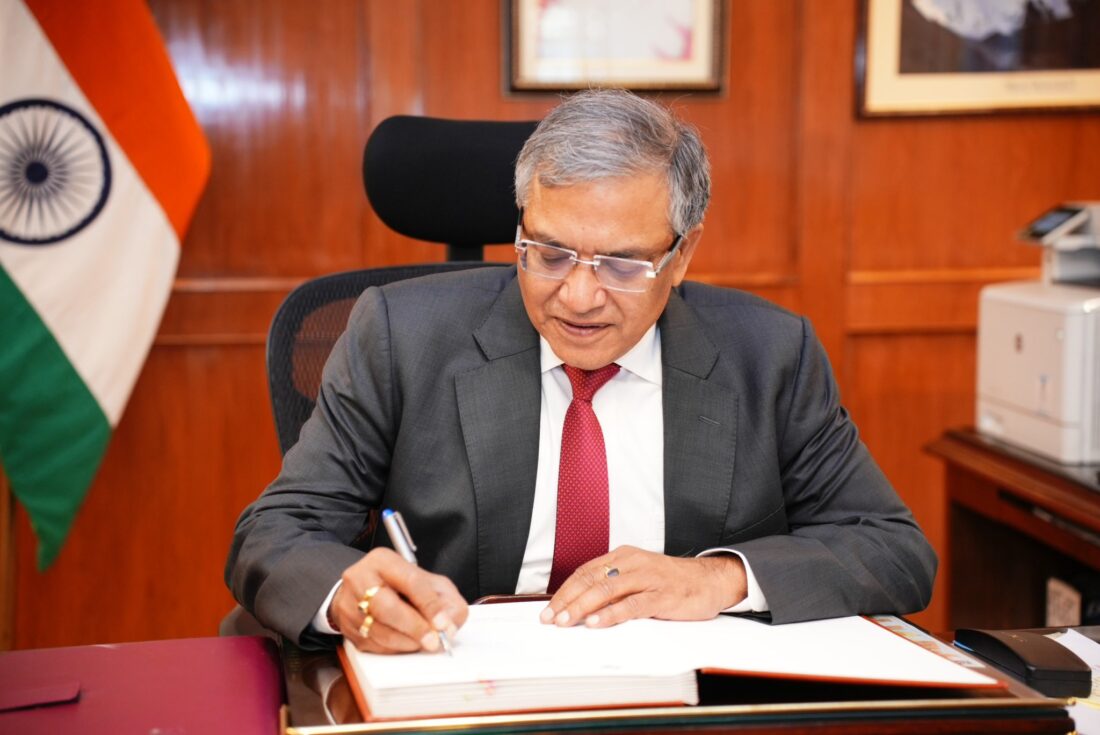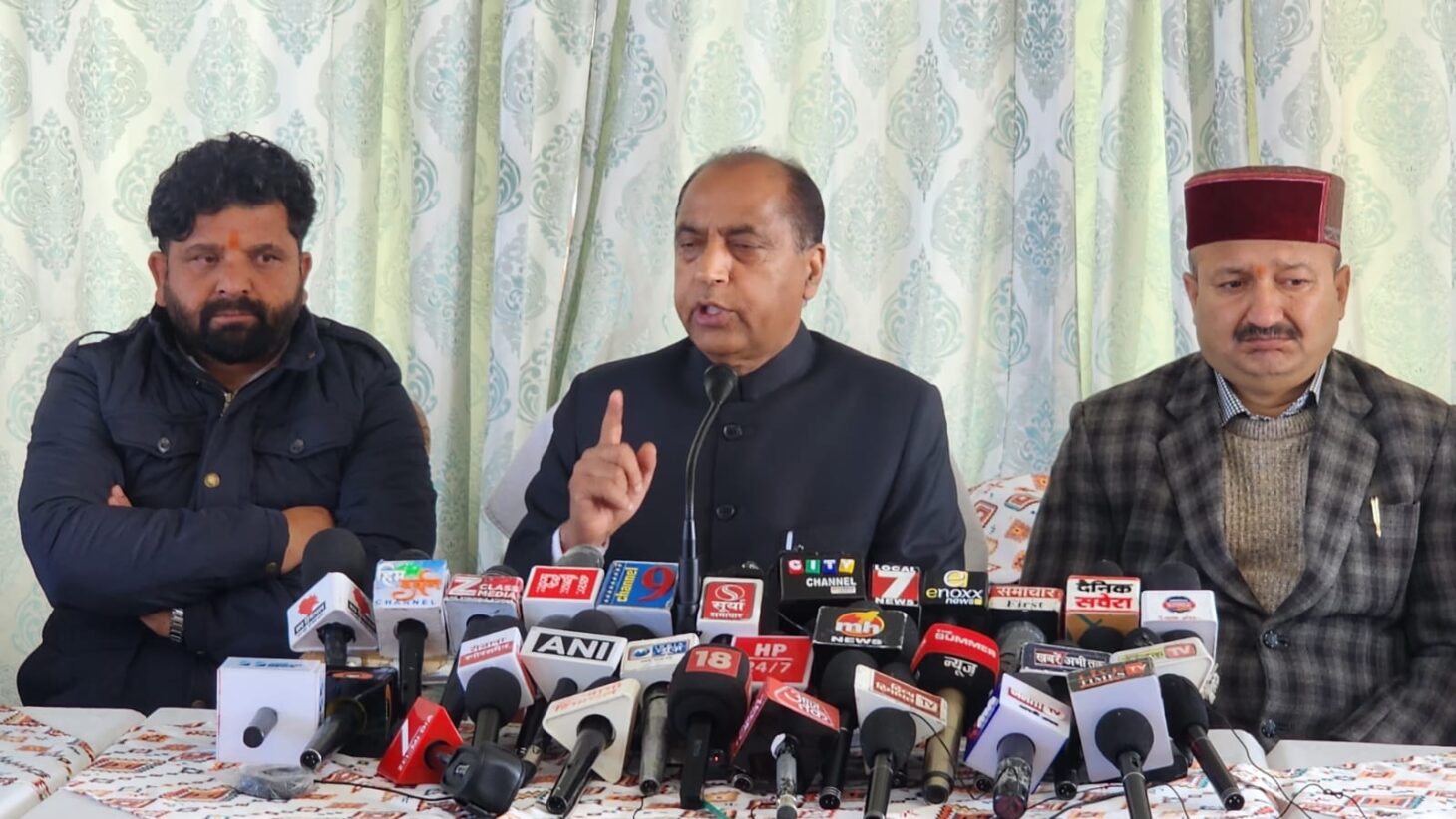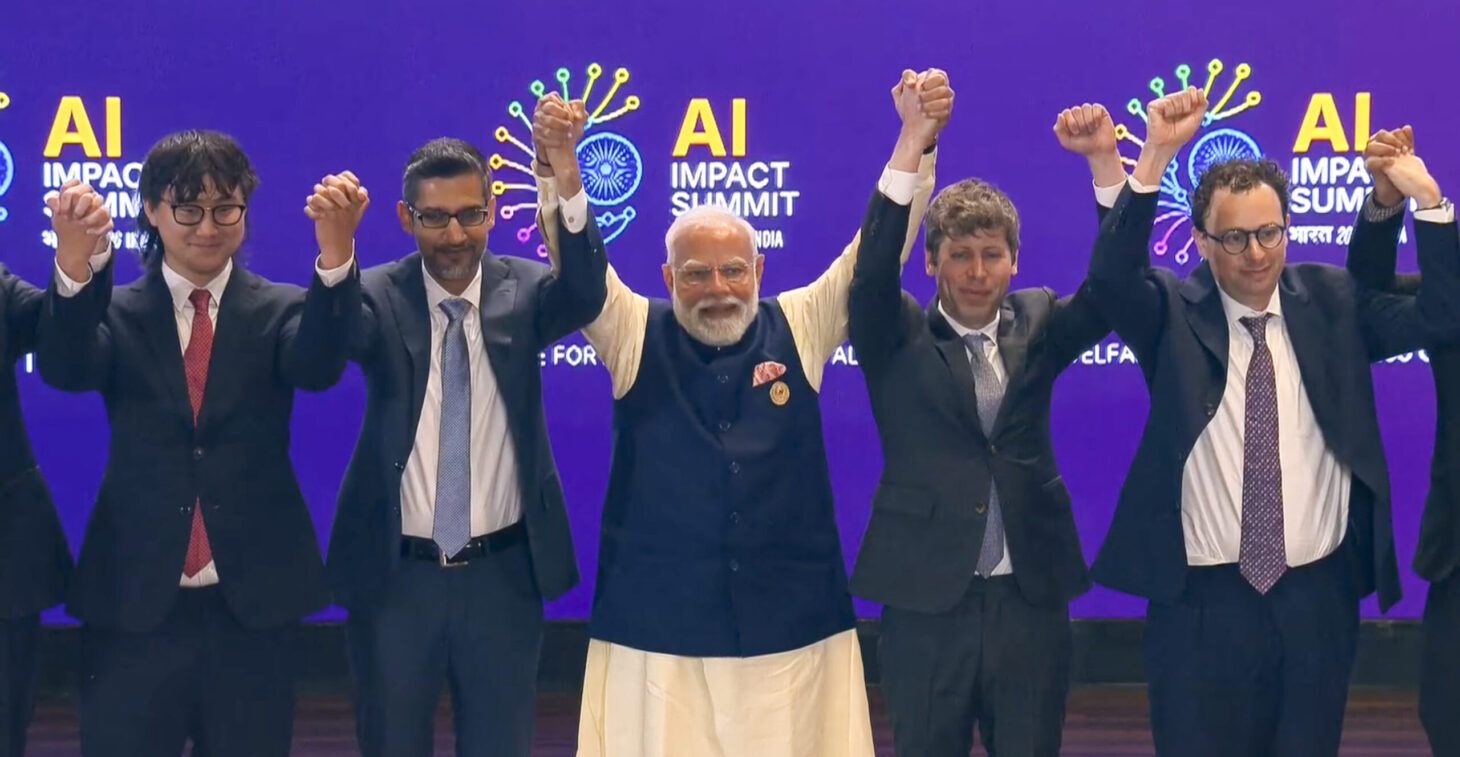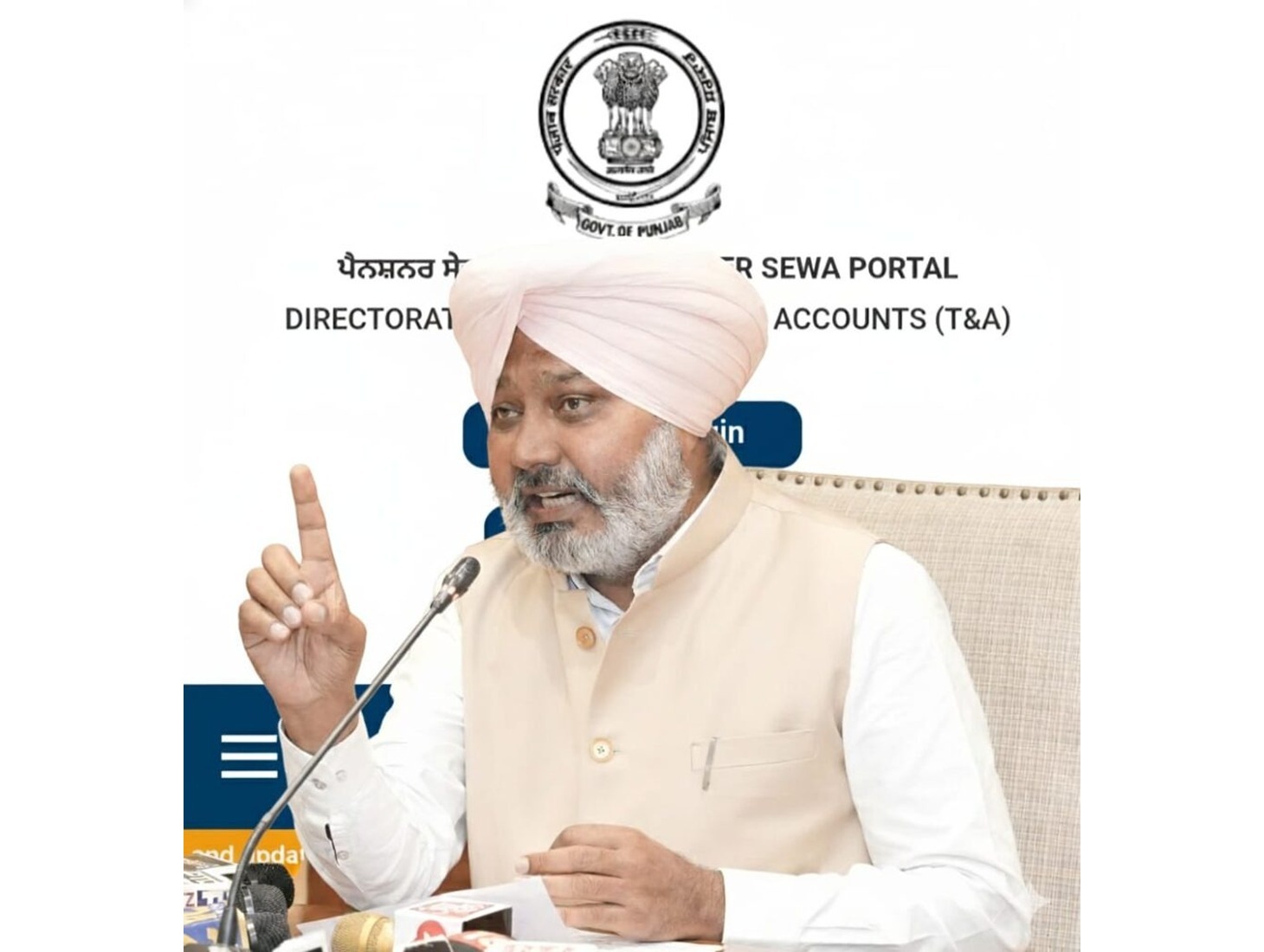The North News
New Delhi, May 13
India has firmly dismissed claims that US played a mediating role in defusing tensions with Pakistan, asserting that it was the strength of Indian military action that forced Islamabad to seek dialogue. In a detailed briefing on Tuesday, Ministry of External Affairs (MEA) spokesperson Randhir Jaiswal outlined the events leading up to a rare ceasefire understanding between the two South Asian rivals. According to Jaiswal, the request for a hotline call between the Directors General of Military Operations (DGMOs) of both countries was formally received by India from the Pakistani High Commission at 12:37pm on 10 May.
“There were initial technical difficulties on the Pakistani side in establishing the hotline,” said Jaiswal. “The timing of the conversation was subsequently fixed based on the availability of the Indian DGMO.” But it was not diplomacy, he made clear, that brought Pakistan to the negotiating table.
“You will of course appreciate that early on 10th morning, we had mounted an extremely effective attack on key Pakistani Air Force bases,” Jaiswal said. “Let me be clear. It was the force of Indian arms that compelled Pakistan to stop its firing.”
India, Jaiswal explained, had launched its military response following the deadly April 22 terrorist attack, which New Delhi blames on Pakistan-based groups. “Our message to all international interlocutors was consistent—India was targeting terrorist infrastructure in response to the April attack. If the Pakistani armed forces fire, Indian armed forces will fire back; if Pakistan stops, India will also stop.”
Jaiswal further noted that this precise message was conveyed to Pakistan at the launch of India’s military operation, codenamed Op Sindoor, though Islamabad failed to heed it at the time. “It is only now, after suffering significant losses, that Pakistan has shown willingness to talk,” he added.
The MEA spokesperson also responded sharply to criticism from Pakistan’s Foreign Office regarding Indian Prime Minister Narendra Modi’s speech. “A nation that has nurtured terrorism on an industrial scale should not expect to escape the consequences,” Jaiswal said. “The terrorist infrastructure sites that India destroyed were responsible not only for the deaths of Indians but also of many other innocents around the world. There is now a new normal. The sooner Pakistan gets used to it, the better.”
On a separate note, Jaiswal confirmed that India welcomes Russia’s offer to facilitate direct talks between Moscow and Kyiv, amid the ongoing war in Ukraine.
“Talks present an opportunity for both parties to address their concerns through dialogue and diplomacy,” he said. “India has consistently advocated the need for sincere and practical engagement between Russia and Ukraine to ensure early and abiding peace.”
The comments reinforce India’s dual approach—assertiveness in its regional defence posture while urging de-escalation through diplomatic channels in global conflicts.


